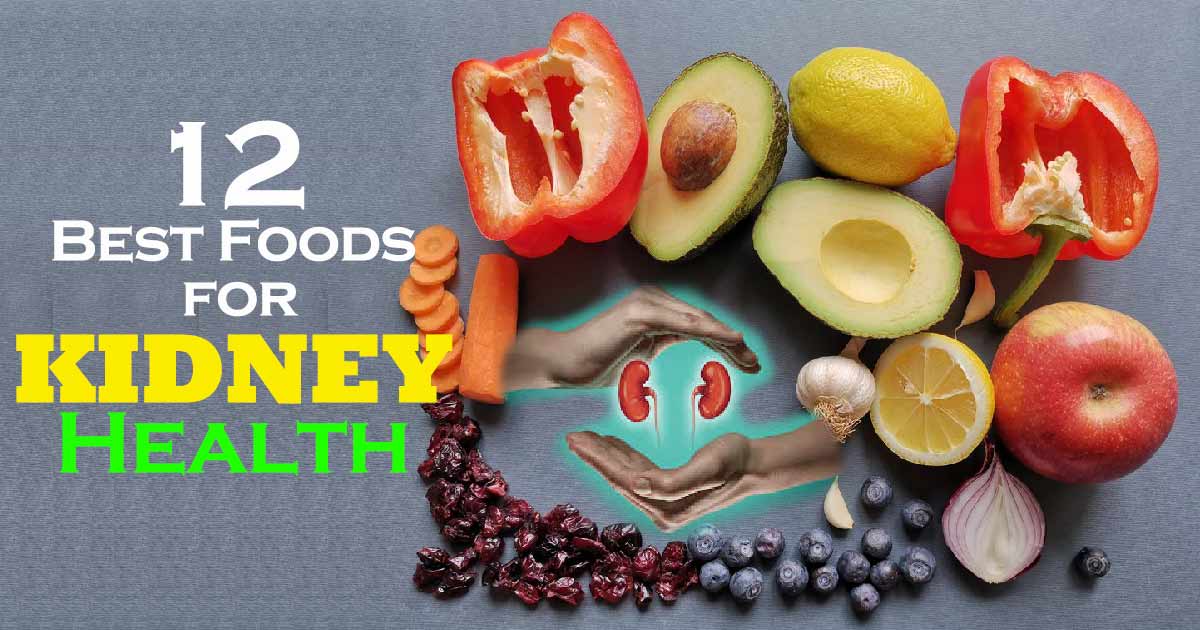Eating the right foods can have a powerful effect on your health, including the health of your kidneys. Your kidneys play a crucial role in filtering waste, regulating electrolytes, managing blood pressure, and even producing essential hormones like vitamin D and erythropoietin. In this blog post, we’ll explore 12 nutritional recommendations that can help protect and preserve your kidneys. But remember, always consult your doctor for personalized advice.
The Vital Role of Kidneys
Your kidneys perform numerous vital functions in your body. They filter waste and surplus water from the blood, regulate electrolytes, and assist in managing blood pressure and blood sugars. They also produce essential hormones like vitamin D and erythropoietin, which are crucial for calcium absorption, bone health, and maintaining your immune system.
The Prevalence of Kidney Disease
In 2019, a study published in the Indian Journal of Nephrology estimated that the prevalence of Chronic kidney disease in India ranged from 6.8% to 17.2% of the population, with many unaware of their condition. Chronic kidney disease, especially when associated with high blood pressure and diabetes, is the most common form. Kidney issues can also arise from kidney stones, urinary tract infections, and autoimmune disorders.
Recognizing Kidney Disease
Kidney disease often goes unnoticed until it’s in an advanced stage. Symptoms may include itchy, dry skin, frequent urination, fatigue, foamy urine, and swelling in the feet and ankles. Protein in the urine is a significant sign of kidney problems, even if other indicators appear stable.
Preventing Kidney Problems
Preventing kidney problems starts with lifestyle choices. Here are some essential measures:
1. Exercise Regularly
Regular exercise maintains healthy blood vessels, heart health, and cholesterol levels, all beneficial for your kidneys.
2. Quit Smoking
Smoking releases toxins into your circulation, placing an additional burden on your kidneys. Quitting is essential for kidney health.
3. Stay Hydrated
Proper hydration helps prevent kidney stones. If you consume a lot of coffee or soda, consider reducing your intake, as they can dehydrate you.
4. Avoid Processed Foods
Processed and refined foods often contain high levels of saturated fats, trans fats, sugar, and sodium, which can strain your kidneys and lead to obesity, heart disease, or high blood pressure.
5. Monitor Protein Intake
If you have kidney disease or signs of it, keep track of your protein intake. High protein diets can strain your kidneys. Opt for clean, plant-based proteins and consume smaller portions.
The 12 Best Foods for Kidney Health
Now, let’s dive into the 12 best foods that can help prevent and reverse kidney damage:
1. Red Bell Peppers
Low in potassium and high in vitamin C, folate, vitamin B6, and fiber, red bell peppers are kidney-friendly. They also contain lycopene, a potent antioxidant that protects the kidneys.
2. Cabbage
Cabbage is rich in fiber, folate, vitamin B6, vitamin C, and vitamin K. The fiber in cabbage slows nutrient absorption, reducing the workload on your kidneys.
3. Cauliflower and Broccoli
These vegetables are high in vitamin C and folate, essential for red blood cell production. They also have anti-inflammatory properties, benefiting kidney health.
4. Leafy Greens
Leafy greens like mustard greens, dandelion leaves, and turnip greens are high in vitamin C, folate, and fiber. They reduce kidney stress, lower blood pressure, and balance blood sugar.
5. Garlic
Garlic contains allicin, an organic sulfur molecule with anti-inflammatory effects. It lowers blood pressure, fights illnesses, and acts as an antioxidant.
6. Asparagus
Asparagus is rich in fiber and phytonutrients that lower blood pressure, cleanse the kidneys and bladder, and break down uric acid. However, it’s high in potassium, so avoid it if you have advanced kidney disease.
7. Apples
Apples are high in fiber, which binds and removes toxins from the digestive tract before they can be absorbed, reducing the workload on your kidneys.
8. Berries
Raspberries, blackberries, blueberries, and strawberries are low in calories, high in antioxidants, and rich in phytonutrients that protect kidney cells and nephrons.
9. Extra Virgin Olive Oil
Olive oil is a source of healthful fatty acids that reduce inflammation, lower cholesterol, and alleviate the pain of kidney stones.
10. Melons
Melons are high in antioxidants and provide hydration, making them an excellent choice for kidney health. They help clean the kidneys, blood, and bladder.
11. Ginger
Ginger protects the kidneys from diabetes, alcohol, and dehydration. When paired with thyme, it can further lower blood pressure and cholesterol levels.
12. Turmeric
Turmeric protects the kidneys from harm and has anti-inflammatory properties. Combine it with black pepper to enhance its effectiveness.
Incorporating these foods into your diet, along with a healthy lifestyle, can go a long way in protecting and preserving your kidney health. Remember to consult your healthcare provider for personalized advice and guidance on managing kidney issues.

